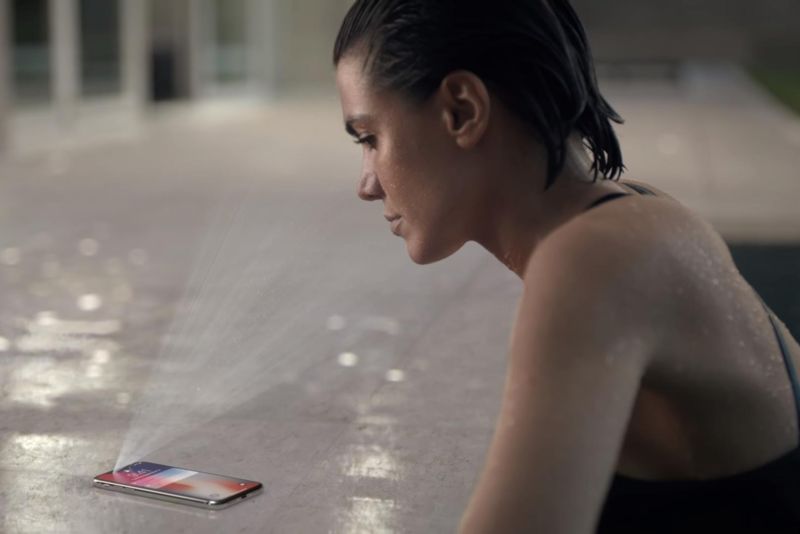
The first public demo of Apple’s Face ID phone unlocking system didn’t go exactly as planned.
During the company’s big iPhone X reveal this week, Apple software engineering chief Craig Federighi suffered a semi-cringeworthy moment when he was unable to unlock the new handset onstage using the new authentication tech. The device prompted Federighi to use a passcode instead, leading him to switch to a backup unit, which worked properly.
The mishap led some to immediately doubt the effectiveness of the Face ID setup—which completely replaces the usual Touch ID fingerprint scanner on the iPhone X—and, according to some reports, even led to a brief dip in Apple’s share price.Now, though, Apple is trying to reassure onlookers that Face ID didn’t actually misbehave. According to a report from Yahoo’s David Pogue, an Apple representative chalked the miscue up to staffers who had touched the device prior to the demo.
“People were handling the device for stage demo ahead of time and didn’t realize Face ID was trying to authenticate their face,” the Apple rep reportedly said in a statement. “After failing a number of times, because they weren’t Craig, the iPhone did what it was designed to do, which was to require his passcode. Face ID worked as it was designed to.”
It’s hard to say if this is exactly what happened with 100 percent confidence, but Apple’s explanation does appear plausible. Apple’s developer documentation says Face ID locks out Phone users and prompts them to use a passcode after only two unsuccessful unlocking attempts. (Touch ID, by comparison, asks for a passcode after five unsuccessful attempts.)Regardless of the onstage mishap, Face ID will still face plenty of questions going forward. Apple, for its part, says Face ID will be significantly more secure than Touch ID and that any facial recognition data will be stored on the iPhone itself. But the reliability of the infrared scanning tech will be hard to determine until we’re able to spend more time with the new iPhone; the sheer ergonomics of using a face-scanning system are likely to annoy some users; and the privacy implications of the tech are somewhat murky. Senator Al Franken (D-Minn.) sent a letter to the tech giant raising those privacy concerns on Wednesday.
Apple did not immediately respond to a request for further comment.
reader comments
210